A start-up drone company focusing on assisting in preventing wildfires through AI-powered power line scans was the grand prize winner of one of the Pacific Northwest’s most visible entrepreneurship competitions. Voltair, a student company at the University of Washington, won the $25,000 grand prize at the 28th annual Dempsey Startup Competition, beating out 173 other start-ups from throughout the region.

The victory is a milestone moment for Drone Technology in monitoring utility infrastructure, as Voltair’s autonomous, self-charging drones have the ability to overhaul how power companies inspect thousands of miles of electrical cable to prevent potentially catastrophic wildfires.
Cutting-Edge Self-Charging Technology Makes Voltair Stand Out
What makes Voltair’s solution stand out is their development of drones that can recharge themselves directly from power lines during inspection missions. This cutting-edge technology eliminates the need for recalling drones to replace batteries, which is a critical factor in traversing the large distances typical of utility infrastructure along rural landscapes.
The autonomous drones carry advanced AI systems aboard that examine video and sensor data collected during flight operations and identify nascent threats such as vegetation growing too close to transmission lines and insulator and other hardware wear and tear automatically. Intelligent analysis allows utility crews to focus their maintenance work on the toughest areas, greatly optimizing efficiency and reducing the likelihood of equipment failure that could lead to wildfires.
Team captain Ronan Nopp, who is set to graduate this May with a B.S. in electrical and computer engineering from UW, said the drones now fly semi-autonomously but hopes the team can achieve full autonomy. “We’re going to demo our hardware on real power lines this summer,” Nopp said, unveiling pilot testing with a utility company on Washington‘s Orcas Island.
Voltaire team members Aryan Sharma, Hunter McKay, Andy Legrand, and Isabella Crosby have already demonstrated the business viability of their technology. They took home the $15,000 grand prize during the previous month at UW’s Environmental Innovation Challenge, as well as persistent acclaim for their groundbreaking approach to Wildfire prevention.
Record-Breaking Competition Highlights Growing Drone Innovation
The 2024 Dempsey Startup Competition featured a record 174 startups from 23 schools and universities in the Cascadia Corridor vying for more than $87,000 in total prizes. The last 16 contestants stepped onto the stage to present to judges in mock boardroom settings before winners were announced at a sold-out event on Seattle’s waterfront.
Voltair also took home the $5,000 Glympse Internet of Things (IoT) Big Picture Award, which recognizes the broader significance of their networked drone technology for infrastructure inspection and smart city applications. The second recognition is to point out how their solution benefits more than one aspect of modern utility management beyond the mitigation of wildfires.
The competition’s pride was also ignited by this year’s Alumni Entrepreneur of the Year Award, which went to HashiCorp co-founders Armon Dadgar and Mitchell Hashimoto. The cloud tech firm they began in 2012 with other UW graduates was acquired by IBM for $6.4 billion in February, demonstrating the potential of student entrepreneurs to establish companies valued at a billion dollars.
Solving Critical Infrastructure Problems with Drone Technology
Voltair’s technology addresses a major need in utility infrastructure inspection, with traditional practices consistently time-consuming, expensive, and risky to human crews. Inspection of power lines often requires the use of helicopters or ground patrols to visually scan apparatus over long distances, taking weeks or months to complete comprehensive surveys.
The startup’s machine learning approach enables real-time monitoring of the power grid, enabling utility companies to obtain real-time feedback on problems before they become full-blown safety risks. This proactive maintenance strategy is particularly critical in areas that have suffered from wildfires where equipment failures have been behind some of the most devastating fires in history.
The unmanned aircraft market has seen growing demand for use in infrastructure inspection, with greater numbers of utilities finding the economic and safety benefits of automated surveillance systems. Voltair’s capacity to recharge independently is a significant advance that could make real-time monitoring economically viable even for the most remote transmission lines.
Voltair’s victory in the Dempsey Startup Competition is a sign of the coming of age of uses of drone technology and the acceptance of unmanned systems as essential tools in critical infrastructure management. With the development of their summer pilot program, their innovative use of drone technology and AI analysis already puts them at the forefront of the next generation of utility infrastructure monitoring solutions.
With actual trials on the horizon and potential partnerships with utility companies, Voltair’s evolution from university startup to commercialization illustrates how student innovation can address some of society’s most pressing challenges and create successful companies in the rapidly expanding drone technology sector.
Photographs courtesy of Arthur W. Buerk Center for Entrepreneurship
Discover more from DroneXL.co
Subscribe to get the latest posts sent to your email.
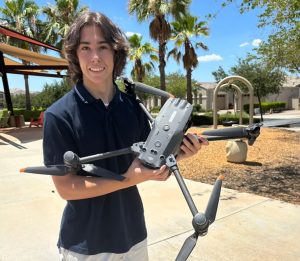
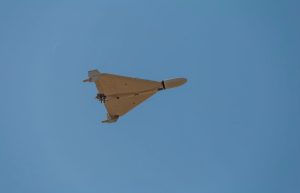

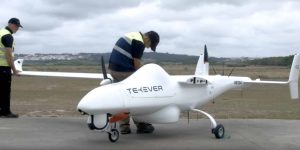
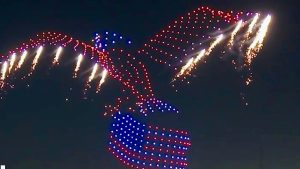





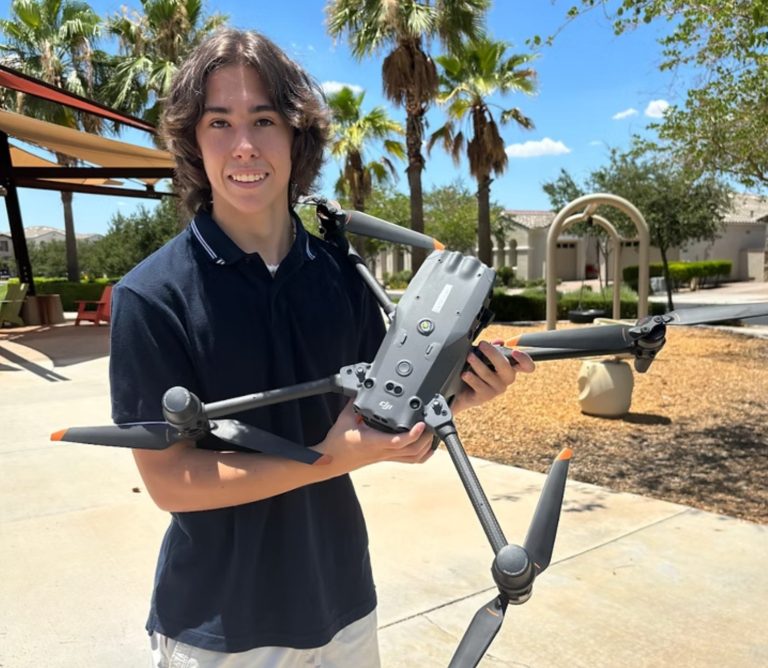
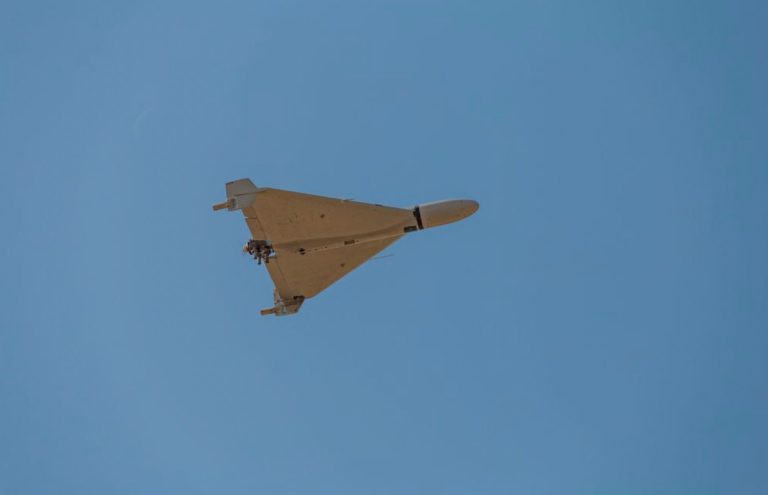
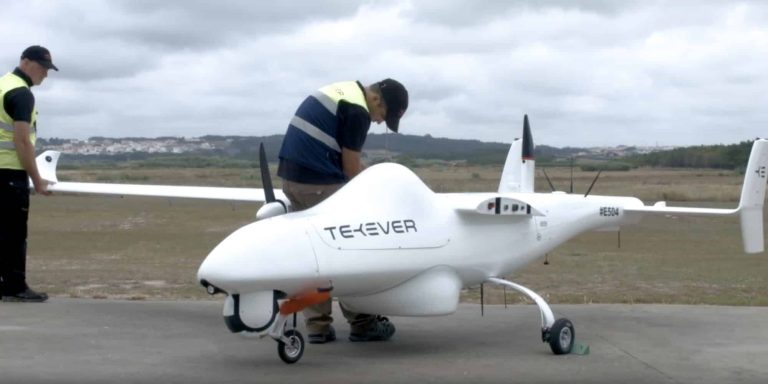
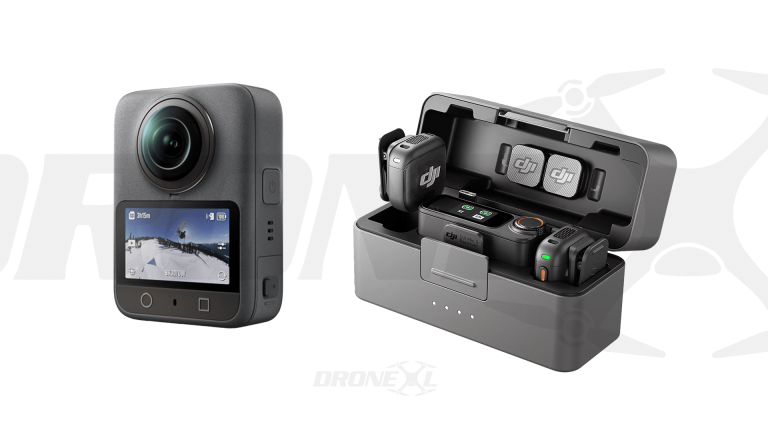
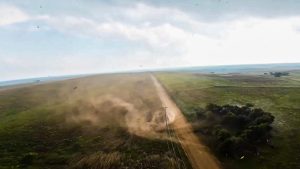
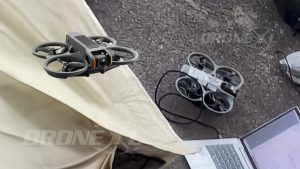
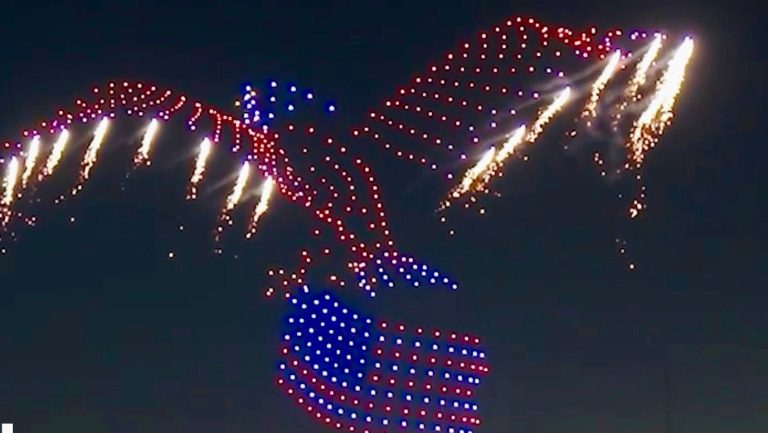

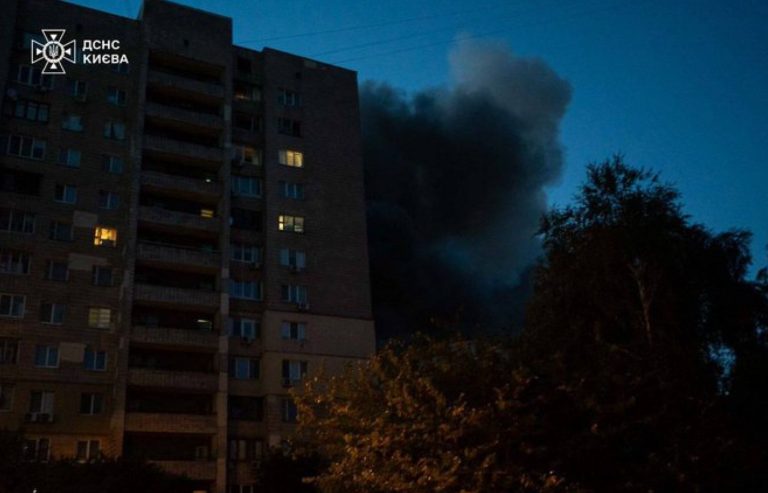

+ There are no comments
Add yours